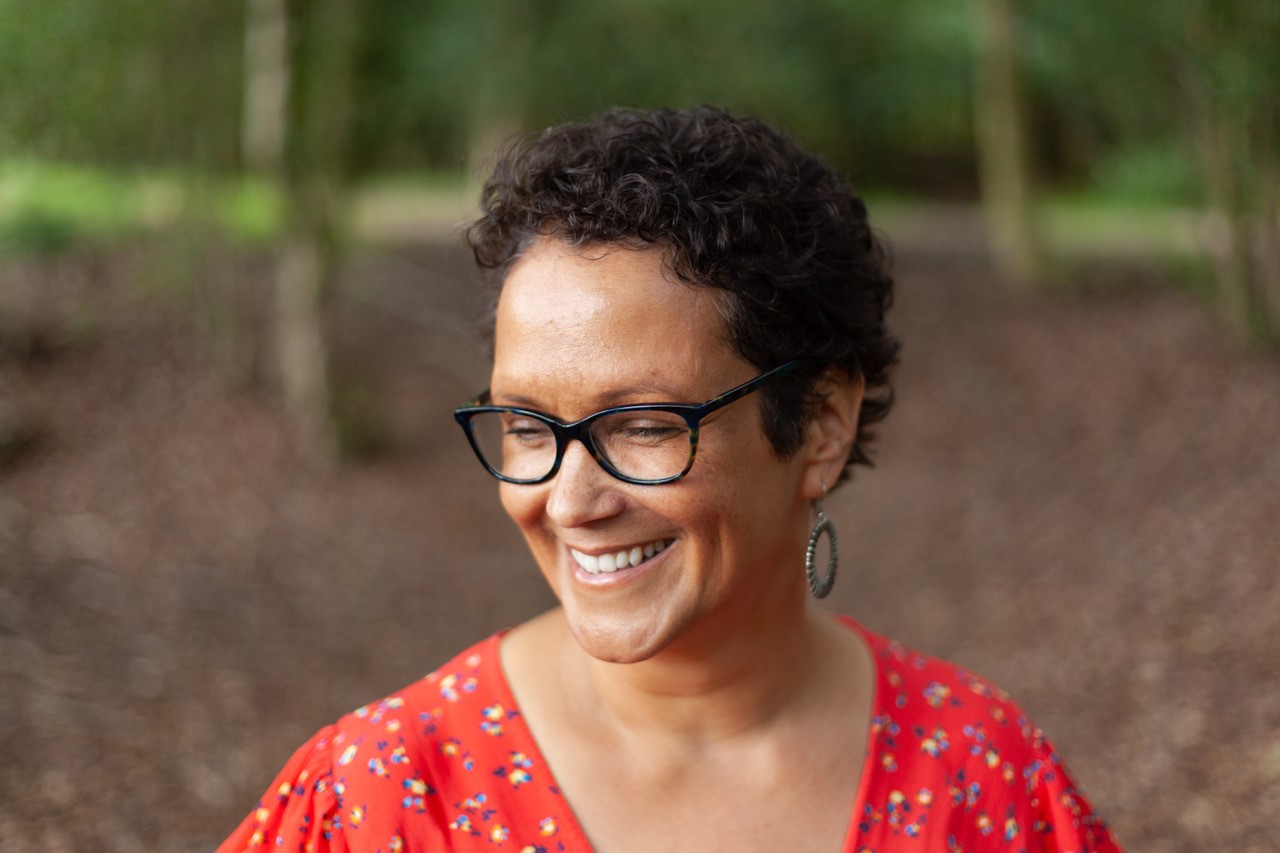When our heart gets broken, especially when it happens in childhood and we receive inadequate guidance from the often broken-hearted adults around us, we fall back on our primal need to survive. We learn to adapt in order to cover our hurt and shame. We learn what we must do to be acceptable to our families or tribe, so that we can stay connected and avoid rejection. We pack up our heartbreaks in that box with the big padlock and get on with playing a role that conceals our pain. And we wear the masks that come along with those roles, to cover the face we've come to believe is unacceptable.
The problem is that over time - as we move into adulthood - these coping strategies become more and more toxic. They don't do anything to heal our pain at its source and they have a whole host of unintended harmful consequences, some of which end up being even more destructive and agonising than the hurt they were designed to help us cope with.
With every mask we put on and every role we play to cover up our vulnerability, our hurt or our anger, we lose connection to ourselves and to other people. Simply put, we forget who we really are. We get so busy acting out roles and wearing different masks for different occasions, that our true identity becomes lost to us. The version of our self that we show to the world is one that we've created out of desperation. It's made up of best guesses about what other people want us to be, or what we believe we need to be in order to be an okay person and belong. We mould ourselves into what we understand we should be and then spend our lives trying to keep up the pretence.
In therapy speak, this is known as 'the false self'. It's perfectly natural to behave in different ways in different contexts; we all have many different aspects of who we are - parent, grandparent, professional, carer, friend, etc. An ability to be flexible and responsive in life is an asset and a sign of good health, if we are flexing appropriately to access different parts of our authentic self.
The difficulty comes when we don't know what's authentic and what's merely a defensive strategy, or a ruse to get what we want. Some of us never manage to uncover the difference. The false self becomes a prison. It may have begun as a survival strategy that allowed us to cope as a child or a young person but if we're still acting out in this way as a mature adult, we are essentially living a lie. Eventually, if our mind continues to deny that our false self has taken over, our body and soul will come to our rescue and nudge us to set about dismantling our prison.
Donna Lancaster is the author of The Bridge

